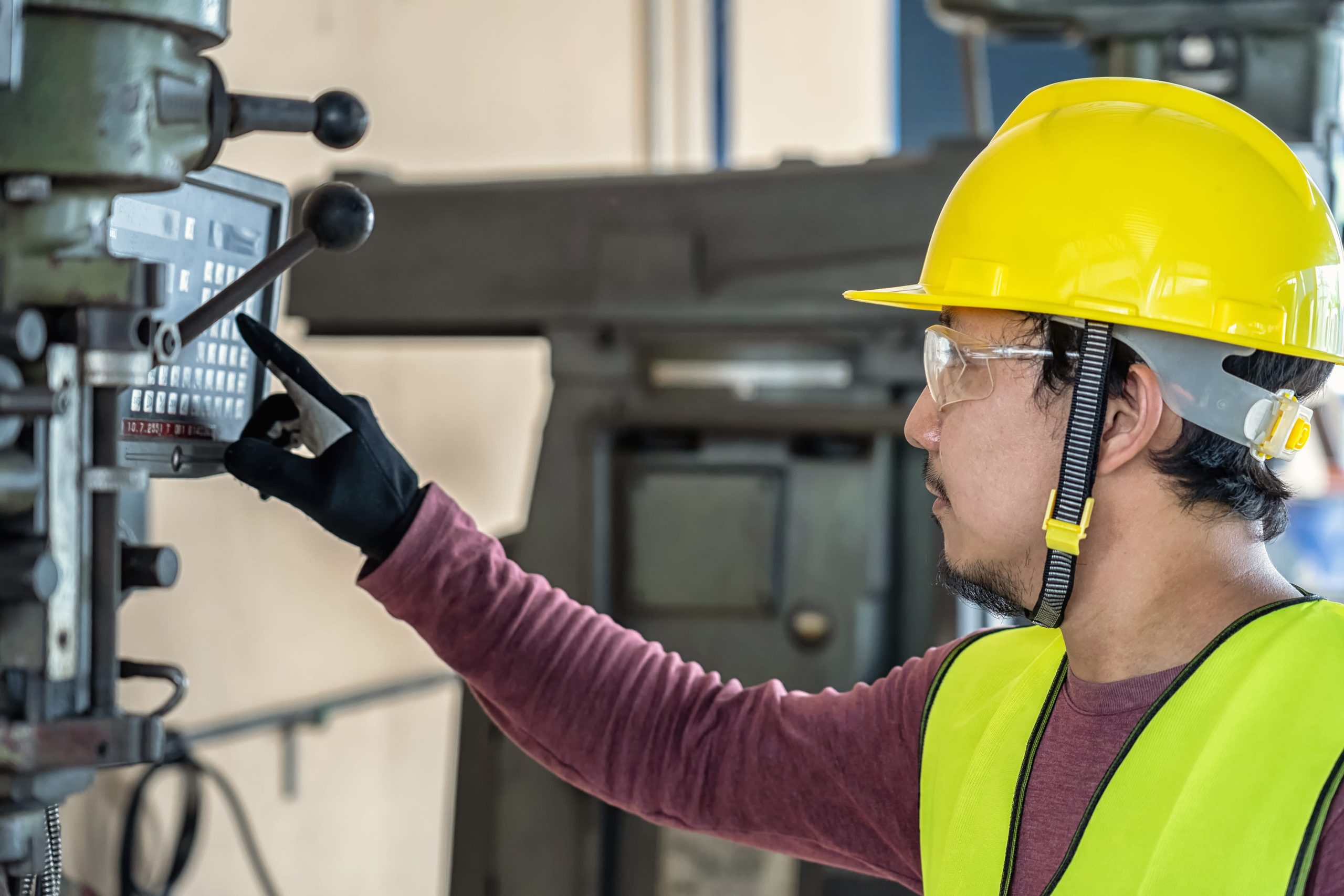In a world where time and resources are valuable commodities, the concept of preventive maintenance has become crucial in various industries. In order to avoid malfunctions and expensive downtime, preventive maintenance is proactively examining, maintaining, and repairing equipment and systems. Explore the importance of preventive maintenance, its benefits, and how it contributes to the efficiency and reliability of machinery and infrastructure.
Preventive maintenance is an indispensable aspect of efficient and reliable operations in various industries. By prioritizing regular inspections, servicing, and addressing potential issues before they become major problems, businesses can reduce downtime, extend equipment lifespan, and enhance safety. With streamlined operations and reduced costly repairs, preventive maintenance contributes to improved efficiency and a positive reputation. Embracing preventive maintenance as a strategic investment ensures that businesses can run smoothly, deliver consistent results, and stay ahead in a competitive landscape. So, whether you’re a manufacturer, service provider, or facility manager, make preventive maintenance a cornerstone of your operations and safeguard the efficiency and reliability of your equipment and infrastructure.
The Essence of Preventive Maintenance
A proactive approach to equipment maintenance, preventive maintenance includes regular inspections, servicing, and part replacement. It aims to detect and address potential issues before they develop into major problems, thereby minimizing the risk of unexpected breakdowns and disruptions.
Reducing Downtime and Costly Repairs
One of the primary benefits of preventive maintenance is the reduction of downtime. Regular inspections and servicing help identify and resolve small problems before they escalate, avoiding expensive repairs and prolonged periods of inactivity.
Improving Equipment Efficiency
Well-maintained equipment operates more efficiently. Regular cleaning, lubrication, and adjustments ensure that machinery functions at its optimal performance, reducing energy consumption and prolonging the lifespan of components.
Enhancing Safety

Safety is a paramount concern in any industry. Preventive maintenance helps identify and rectify potential safety hazards, promoting a secure working environment for employees and users of equipment.
Extending Equipment Lifespan
Regular maintenance ensures that equipment remains in peak condition for an extended period. By addressing wear and tear, rust, and other issues promptly, the longevity of machinery and infrastructure is significantly improved.
Compliance with Regulations
Many industries have specific regulations and standards regarding equipment maintenance and safety. Preventive maintenance helps businesses stay compliant with these requirements, avoiding fines and legal complications.
Streamlining Operations
Preventive maintenance helps streamline operations by minimizing unexpected breakdowns and interruptions. This allows businesses to maintain a consistent workflow and meet production targets efficiently.
Data-Driven Decision Making
Modern preventive maintenance practices often involve data collection and analysis. By monitoring equipment performance and maintenance history, businesses can make data-driven decisions to optimize their maintenance strategies further.
Building Trust and Reputation
Reliable and well-maintained equipment enhances a business’s reputation and builds trust with customers and stakeholders. It demonstrates a commitment to quality, safety, and professionalism.


